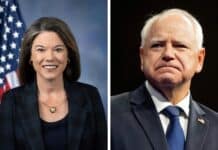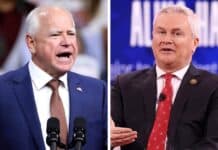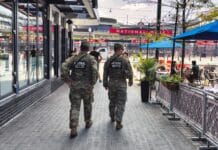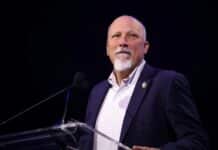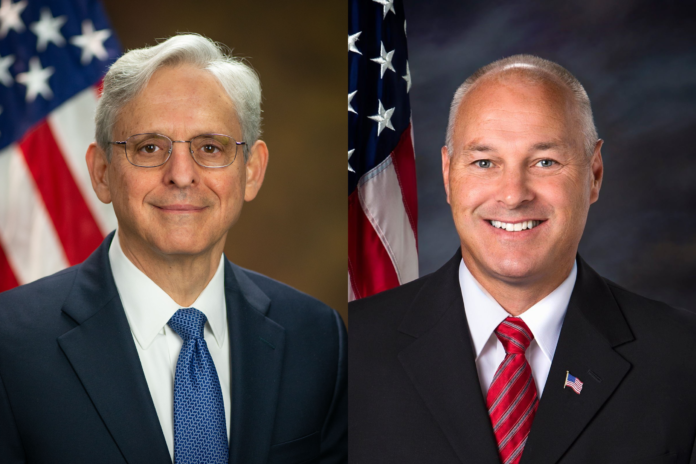
Twenty-five House members have introduced a resolution to support the free-speech rights of concerned parents speaking at school board meetings nationwide.
The chief proponent of the resolution is Rep. Pete Stauber of Minnesota. Its stated purpose is to “express the sense of the House of Representatives that the First Amendment rights of parents at school board meetings shall not be infringed.”
The resolution also “condemns weaponization of Federal law enforcement agencies against parents exercising their rights.”
Earlier this month, Attorney General Merrick Garland directed the FBI to “use its authority” against parents who harass, intimidate, or threaten school board members. The move came in response to a letter from the National School Board Association (NSBA) that claimed such actions “could be the equivalent to a form of domestic terrorism and hate crimes.”
Many conservatives strongly objected to this characterization and to the attorney general’s announcement, interpreting them as attempts to silence dissent against mask mandates and the inclusion of critical race theory and “LGBT” ideology in school curricula.
Stauber released a statement following the introduction of his resolution.
“As a parent, I am increasingly troubled by the Biden Administration’s intent to paint parents who express concerns at school board meetings as domestic terrorists,” he said. “Parents have a constitutionally-protected right to speak at school board meetings. This right is more important than ever with schools implementing critical race theory along with harmful mask and vaccine mandates.”
“The Administration’s approach is wrong. Parental rights matter, and Congress must demonstrate support for their First Amendment right to speak up.”
Alpha News has reported that many of the alleged “threats” cited in the NSBA’s letter to the Justice Department were not really threats in the strict sense of the term. Most cases involved disruptions of school board meetings or parents and residents simply expressing their anger.
The reported incidents occurred in roughly 17 different states, with the NSBA letter footnoting and linking to various news articles about these incidents. Yet in the vast majority of cases, the stories covered ‘contentious meetings’ and ‘disruption.’ Very few of the incidents involved actual violence or statements that could be legitimately interpreted as threatening serious harm.

